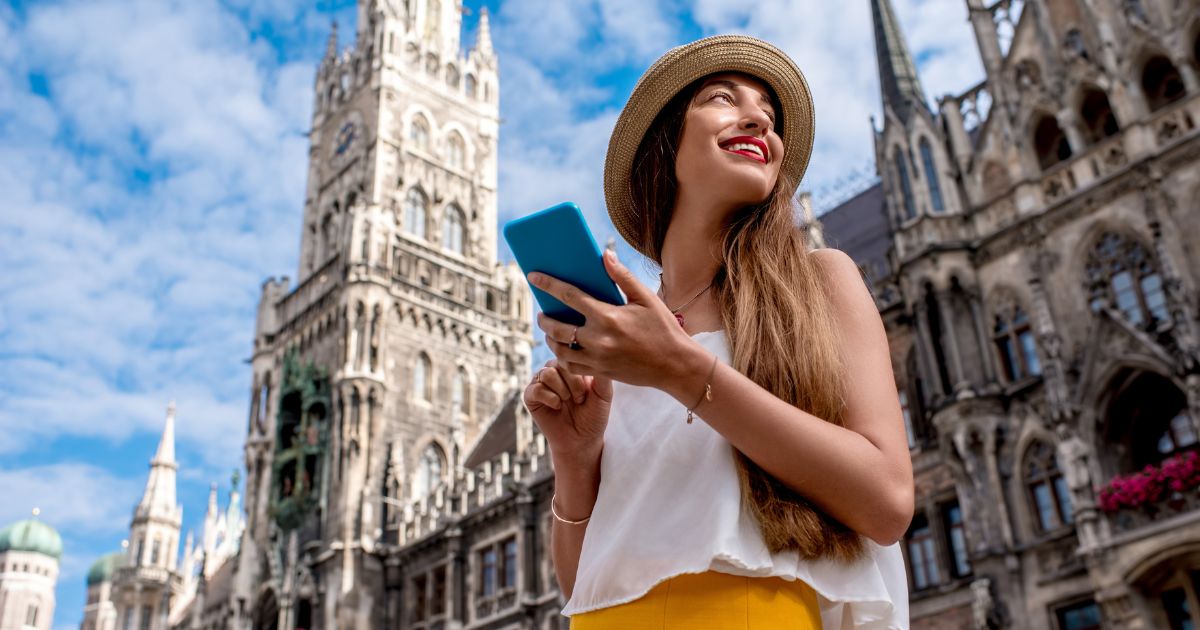Personalization has become the cornerstone of modern marketing, and the travel industry is no exception. Travelers today expect seamless, customized experiences that cater to their preferences, behaviors, and past interactions. With the integration of AI, data analytics, and customer data platforms (CDPs), the travel sector is shifting from mass-market offerings to hyper-personalized journeys.
The Evolution of Personalization in Travel
Personalization in travel isn’t new, but AI and data analytics have taken it to new heights. Mark Abraham and David C. Edelman’s book Personalized: Customer Strategy in the Age of AI highlights how brands like Google and Starbucks have redefined customer engagement through AI-driven customization (the book emphasizes this transformation in the travel sector). The travel sector is following suit, leveraging data to predict customer needs and create seamless experiences. For example, Delta Airlines uses AI-driven dynamic pricing and personalized email campaigns to offer tailored flight recommendations, while Hilton Hotels integrates AI chatbots to provide real-time, customized booking assistance.
The Five Promises of Personalization in Travel
1. Empower Me: Putting Travelers in Control
Modern travelers want autonomy in planning and booking. AI-driven chatbots and recommendation engines help them make informed decisions. For instance, Expedia’s AI-based travel assistant provides personalized itineraries based on past behaviors.
2. Know Me: Understanding Traveler Preferences
Personalization begins with understanding customer preferences. Airlines and hotels now use CDPs to analyze booking histories, preferred seat selections, and loyalty program behaviors. According to Jon Francis, Chief Data and Analytics Officer at General Motors, “Personalization doesn’t require massive AI teams; smart integration and modularity create flexibility for brands” (as noted in the book).
3. Reach Me: Right Offers at the Right Time
The best travel brands reach customers with the right message at the right time. Google Travel, for example, sends alerts about flight price drops based on a user’s search history. Marriott’s Bonvoy app uses push notifications to recommend nearby attractions and exclusive deals tailored to the traveler’s location.
However, timing is crucial—too many notifications or poorly timed offers can frustrate customers rather than engage them. Brands must strike a balance, ensuring their outreach is relevant without becoming intrusive. The best travel brands reach customers with the right message at the right time. Google Travel, for example, sends alerts about flight price drops based on a user’s search history. Marriott’s Bonvoy app uses push notifications to recommend nearby attractions and exclusive deals tailored to the traveler’s location.
4. Show Me: Delivering Relevant Content
AI-generated content is transforming travel recommendations. Platforms like Airbnb personalize destination suggestions based on browsing and booking data, ensuring each traveler sees what interests them most.
5. Delight Me: Creating Memorable Experiences
Personalization isn’t just about convenience; it’s about creating unforgettable moments. Disney’s MagicBand system offers tailored experiences, from park itineraries to customized dining reservations, based on guests’ preferences and past behaviors.
Challenges in Personalizing Travel Experiences
1. Data Privacy and Security
While personalization improves experiences, data collection raises privacy concerns. Regulations like GDPR and CCPA require companies to handle traveler data responsibly.
2. AI Bias and Misinterpretation
Personalization algorithms can sometimes misinterpret customer intent, leading to irrelevant recommendations. Continuous AI refinement is essential to avoid these pitfalls.
3. Scalability Issues
While luxury travel brands easily implement personalization, budget airlines and smaller hotels may struggle with costs and infrastructure. However, some budget-friendly travel brands have found creative ways to integrate personalization without significant investment. For example, Ryanair leverages AI-driven dynamic pricing and personalized upsell offers based on browsing history, helping travelers find relevant add-ons while maximizing revenue.
Future Prospects of Personalization in Travel
1. AI-Powered Virtual Travel Assistants
Soon, AI-driven travel assistants like Google’s Bard and OpenAI’s ChatGPT will plan entire trips based on a user’s conversation history, offering a more natural and intuitive planning experience.
2. Hyper-Personalized Loyalty Programs
Travel companies will shift from generic loyalty points to dynamic, personalized rewards based on customer behavior and engagement.
3. Seamless Omnichannel Integration
Travel brands will unify personalization across web, mobile apps, email, and in-person experiences, ensuring consistent and tailored interactions.
FAQ Section
1. How does personalization benefit the travel industry?
Personalization enhances customer satisfaction, increases bookings, and boosts loyalty by providing relevant recommendations and seamless experiences.
2. What role does AI play in travel personalization?
AI analyzes traveler behavior, preferences, and real-time data to offer tailored recommendations, predict needs, and automate customer service interactions.
3. Are there risks associated with travel personalization?
Yes, data privacy concerns, AI biases, and scalability challenges can impact personalization effectiveness if not managed properly.
4. How do airlines use personalization?
Airlines use personalization for dynamic pricing, targeted promotions, in-flight preferences, and post-booking engagement.
5. What is the future of personalization in travel?
AI-driven virtual assistants, hyper-personalized loyalty programs, and seamless omnichannel experiences will redefine the industry.
Conclusion
The travel industry is undergoing a massive transformation, fueled by AI and data-driven personalization. As technology advances, brands that prioritize customized experiences will stand out in an increasingly competitive market. With strategic implementation and ethical data usage, personalization promises to reshape the way people explore the world. As emerging technologies like AI-powered predictive analytics and virtual reality continue to evolve, the travel industry will unlock even more immersive and tailored experiences for travelers worldwide.


